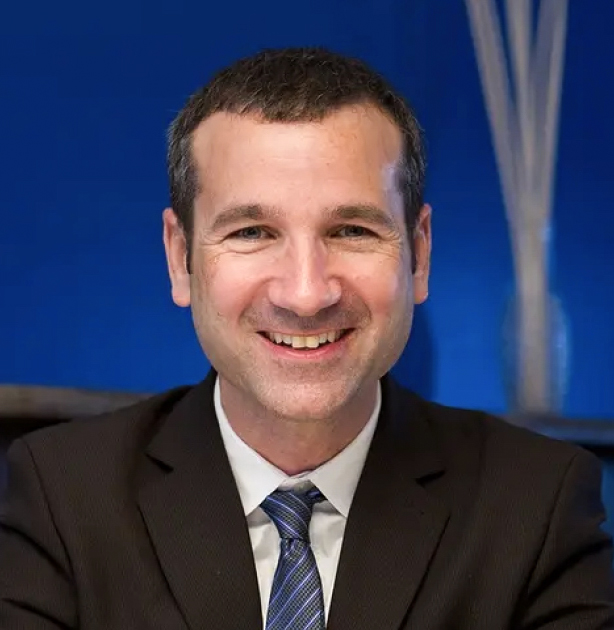
Antonella Rescigno
Staff Writer
Throughout the early 2000s, Venezuelans didn’t believe authoritarianism would occur in their country. “There is a lot of history of democracy. That can’t happen here,” citizens had said.
“Nobody was predicting it for Venezuela back when it happened, and that is an important lesson to know because there is no safe democracy nowadays,” said political scientist Javier Corrales.
At 10:45 a.m. today in the Amphitheater, Corrales will explore the early stages of Venezuela’s political transformation and how this is important for other nations, including the United States, as part of Chautauqua Lecture Series’ Week Six theme “The Global Rise of Authoritarianism.”
In his morning lecture, he will use Venezuela’s example to create a “checklist” of patterns that he has seen while studying these autocracies rising from democracies. His message is clear: Democracies are always at risk of becoming autocracies.
Corrales, a Harvard graduate and Dwight W. Morrow 1895 professor of Political Science at Amherst College, spent the first 10 years of his academic and professional journey studying the rising of new democracies and the challenges that they face. Early in his career, his work was focused on countries that had successfully transitioned from autocracies to democracies.
“It was an area of optimism where you were getting these dictatorships transitioning to democracy,” he said. “Now, I decided to study the opposite trend.”
In his book Autocracy Rising: How Venezuela Transitioned to Authoritarianism, he explains the unique characteristics of Venezuela’s ruling regime while presenting theories on the specific patterns shown by countries transitioning from a democratic government to an authoritarian one.
Venezuela’s regime leaves room for a lot of questions.
“It doesn’t look like your traditional dictatorship, at least at the very beginning. You can spend a lot of time not noticing how it is becoming a dictatorial regime until it is too late.” Corrales said.
Autocracies are not about the right or the left, according to Corrales. In fact, they are about division of power.
“We tend to think that governments are divided between left wing and right wing, which is a division that definitely exists,” he said, but populism plays a key role in this process.
Populist movements often emerge to represent citizens who feel unheard. In his work, he has found that leaders frequently target minority groups to consolidate power and he sees Hugo Chávez, the Venezuelan revolutionary who gave a foundation to Nicolás Maduro’s regime, as an example of that.
“People were infatuated with Chávez,” he said, “… The Venezuelan regime had a lot of support both in Venezuela and abroad at the very beginning. It was a difficult challenge to argue the contrarian view in so many ways.”
Corrales will also discuss one of the most puzzling questions about Venezuela, many of which surround Maduro. If everyone hates Maduro so much, how come he is still there? Under Chávez, the challenge was different. How can you say Chávez is a bad guy when he is doing all these good things? With Maduro, the issue is not popularity but persistence, Corrales said, which is how authoritarian leaders remain in power even when they have no support.
In the early stages of these processes, the country is ripe with polarization: some defend the regime and others are horrified.
“We need to figure out how to deal with the polarization that happens at the very beginning,” Corrales said.
Corrales compared autocracies to cancer: “It matters significantly in the fight against cancer at what stage you catch the small things.”
While an authoritarian regime looms over Venezuela, the people haven’t given up on restoring democracy to their country. Drawing from his personal roots, Corrales sees this as a unique response from the Venezuelan people. Corrales, the son of Cubans living in exile in Puerto Rico, recalled how in Cuba, the opposition to the regime gave up at some point, and it was silenced. Venezuelans continue to show their faith for a democratic transition. In Venezuela’s presidential election last year, they still went out and voted for a democratic solution. Although the regime didn’t respect it, the people made their point.
“They still reject the regime,” Corrales said.




